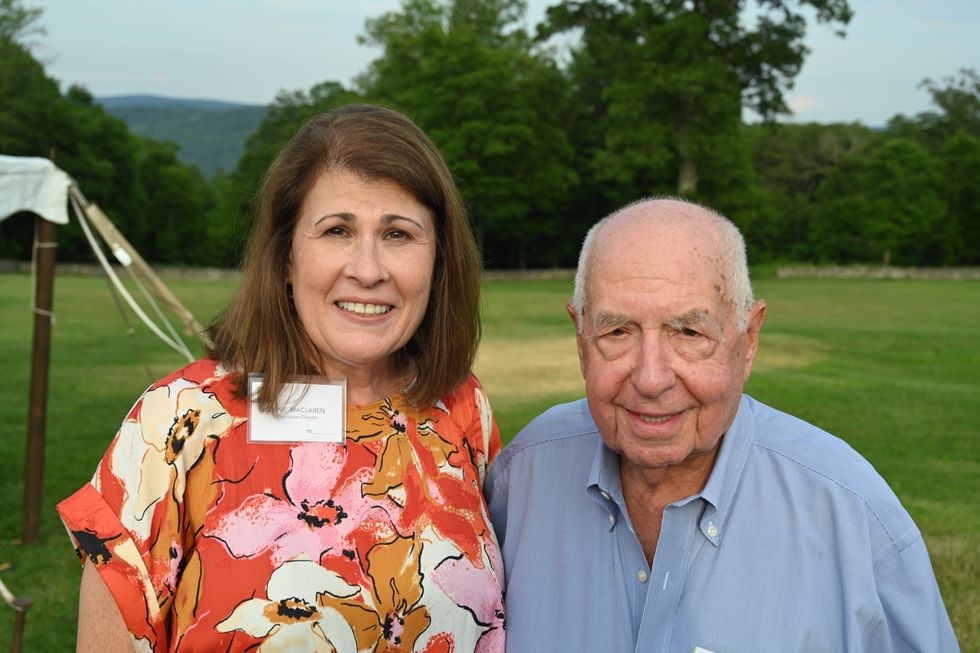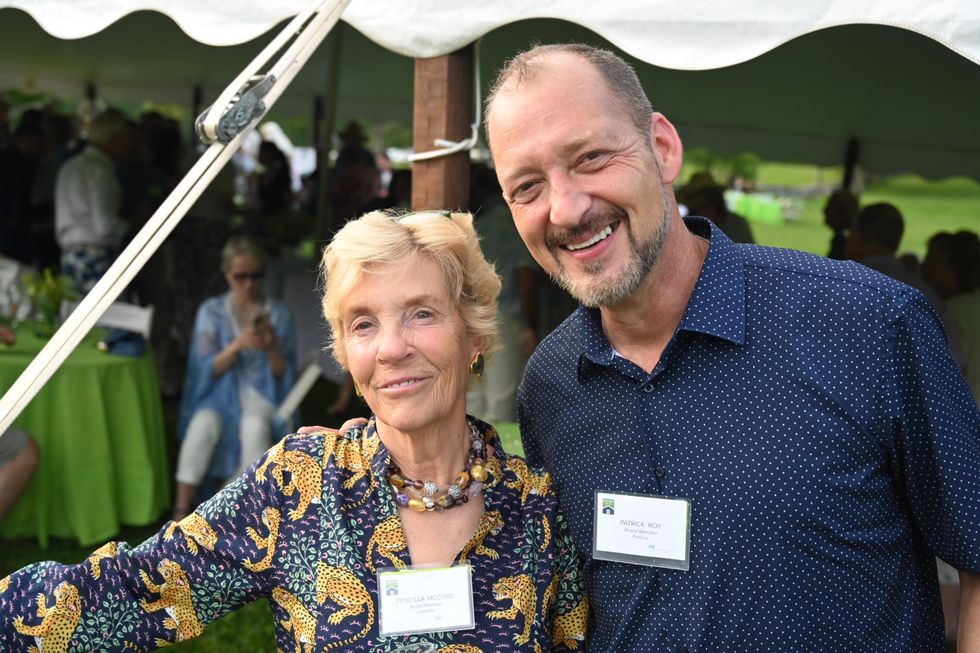While much of the nation’s farming industry has been decimated by the global pandemic, here in the U.S. one tiny segment of the agricultural market is booming—the CSA.
The line at my local Community Supported Agriculture (CSA) pick-up station was short this week. As usual, everyone wore masks and waited in line, 6 feet apart. Customers stuffed their carry bags full of lettuce, radishes, kale, cucumbers, tomatoes and whatever else nature’s bounty and Kate, our farmer, had planted this season. CSAs charge a seasonal, or sometimes yearly membership fee in exchange, you receive weekly boxes, or bags of fresh veggies, fruits, and more. My membership cost more than $400 this year and I will say it was well worth it.
Evidently, I am not the only one who feels this way. Across the country, memberships in CSAs are booming, even as the bigger farms have been forced to slaughter livestock, abort piglets, crush food and destroy perfectly healthy crops for lack of distribution and pandemic-struck supply lines. Some CSAs have had to limit memberships. Others are finding it difficult to handle the demand and hire workers to plant, maintain, and harvest their crops.
A couple of months ago, when grocery stores were selling out of everything and food banks were being overwhelmed, local farmers, who normally supplied produce to restaurants, schools and other commercial businesses pivoted to a new business model by focusing on the grocery store and supermarket consumer in their local areas.
Some farmers actually had already established a “close-loop” community food system where they could offer everything from meat, pork, chicken, baked goods, eggs, and other dairy products, as well as vegetables and some fruit. And what they did not produce themselves, they established business relationships with other farmers to broaden their product lines.
In the past, CSAs have survived, but not flourished, as a kind of niche market. Most members were either organic-only advocates, or those who try and support local businesses whenever they can.
I started buying at my local CSA a few years ago for health reasons. I liked the fact that my produce was grown organically without chemicals, preservatives, or coloration. The produce also tasted a heck of a lot better. I also liked the ambiance of visiting the farm, trading comments on the weather with the local farmer, and seeing some of my neighbors.
Fast-forward to this age of coronavirus. Safety has suddenly become a big issue for me. Going to the local supermarket today feels a little like navigating an obstacle course: “have the carts been cleaned, where are the hand sanitizers, which way do the aisles run, where’s his mask, is she going to crowd me, should I self-check-out, or take a chance with a live cashier?”
If I sound paranoid, it is because I am. At my CSA, things are more manageable. I feel I have more control of my environment. No one sneezes or coughs on the veggies, or handles them. That is worth a lot to me.
My hope is that once you try it, you’ll like it. It might be a bit more expensive than shopping at the local supermarket, but believe me, it is worth every extra penny.
Bill Schmick is registered as an investment advisor representative of Onota Partners, Inc., in the Berkshires. Bill’s forecasts and opinions are purely his own and do not necessarily represent the views of Onota Partners, Inc. (OPI). None of his commentary is or should be considered investment advice. Email him at bill@schmicksretiredinvestor.com.




 Jane MacLaren, Executive Director of Chore Service, and Mort Klaus, host of the Garden Party eventBob Ellwood
Jane MacLaren, Executive Director of Chore Service, and Mort Klaus, host of the Garden Party eventBob Ellwood Priscilla McCord, outgoing Board Chair of Chore Service and Patrick Roy, incoming Chair.Bob Ellwood
Priscilla McCord, outgoing Board Chair of Chore Service and Patrick Roy, incoming Chair.Bob Ellwood




CSAs and local farms make a come-back